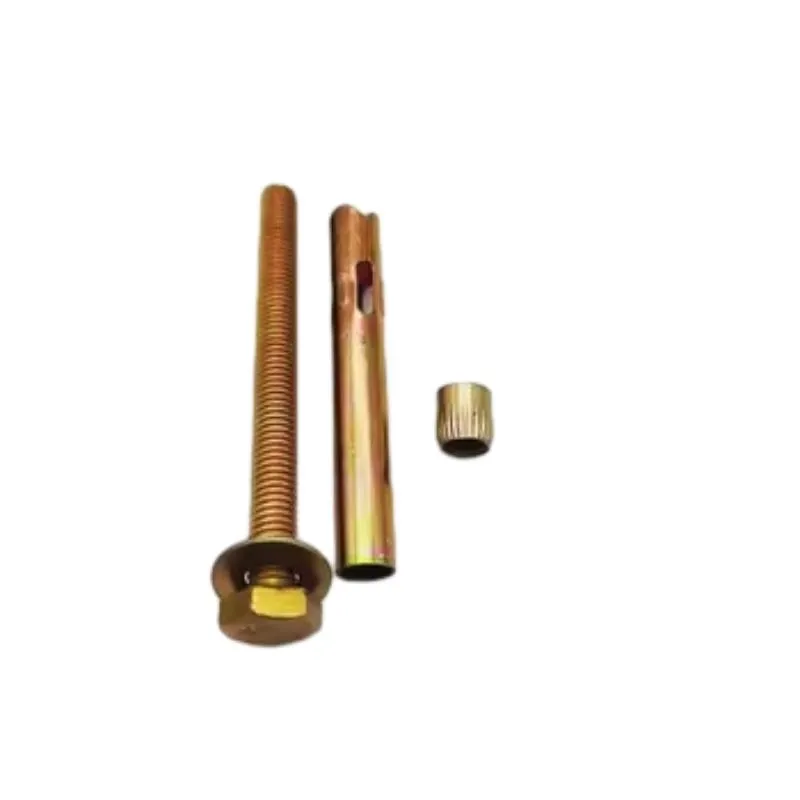Říj . 05, 2024 15:06 Back to list
Different Types of Anchor Screws and Their Common Applications in Construction
Understanding Different Types of Anchor Screws
Anchor screws are essential hardware components that provide strong and reliable fastening solutions in various construction and installation projects. They play a critical role in securing fixtures, fittings, and other heavy items to walls, ceilings, or floors. When selecting anchor screws for a specific application, it’s important to understand the various types available and their suitability for different materials and environments. This article examines the most common types of anchor screws.
1. Expansion Anchors
Expansion anchors are among the most popular types of anchor screws, particularly for masonry and concrete applications. They work by expanding against the sides of the drilled hole when the screw is tightened. This provides a secure grip that prevents the anchor from loosening over time. Expansion anchors come in various materials, such as zinc-plated steel and stainless steel, and are ideal for medium to heavy loads. They are commonly used in building shelves, mounting heavy picture frames, and securing outdoor fixtures.
2. Sleeve Anchors
Sleeve anchors are a versatile type of fastener that consists of a threaded bolt and a sleeve that expands when the bolt is tightened. They are suitable for installation in concrete, brick, and block walls, making them perfect for outdoor applications. Sleeve anchors provide a strong hold and can bear heavy loads when correctly installed. They are often used for securing railings, light posts, and equipment in commercial and industrial settings.
3. Toggle Bolts
types of anchor screws

Toggle bolts are designed for hollow walls, such as drywall and hollow concrete. This type of anchor screw has a spring-loaded wing that opens up behind the wall when inserted through a pre-drilled hole. Once the bolt is tightened, the wings splay out, providing strong support. Toggle bolts are particularly effective for mounting heavy items like televisions, shelves, and cabinets where traditional screws wouldn’t suffice. It's vital to select the appropriate weight capacity of the toggle bolt to ensure a secure installation.
4. Masonry Screws
Masonry screws are specially designed for use in concrete, brick, or block. They feature a unique thread design that enables them to cut into the masonry material without the need for a separate anchor. These screws provide a tight fit and are ideal for lighter to medium loads. Their use simplifies the installation process since there’s no need for additional anchors, making them a favorite among contractors and DIY enthusiasts alike.
5. Self-Drilling Anchors
Self-drilling anchors, also known as self-tapping screws, eliminate the need for pre-drilling in certain materials like drywall or softwood. These anchors have a sharp tip that allows them to penetrate the surface and create their own hole. They are best suited for lighter applications, such as hanging small shelves, picture frames, or curtain rods. While not capable of holding heavy loads, they offer convenience and speed during installation.
Conclusion
Selecting the right type of anchor screw is crucial for ensuring the strength, stability, and longevity of any installation project. Understanding the characteristics of different anchor screws, such as expansion anchors, sleeve anchors, toggle bolts, masonry screws, and self-drilling anchors, will help you choose the best option for your specific needs. Always consider the material of the wall or surface, the weight of the item being secured, and the environment (indoor or outdoor) to ensure successful and durable installations.


